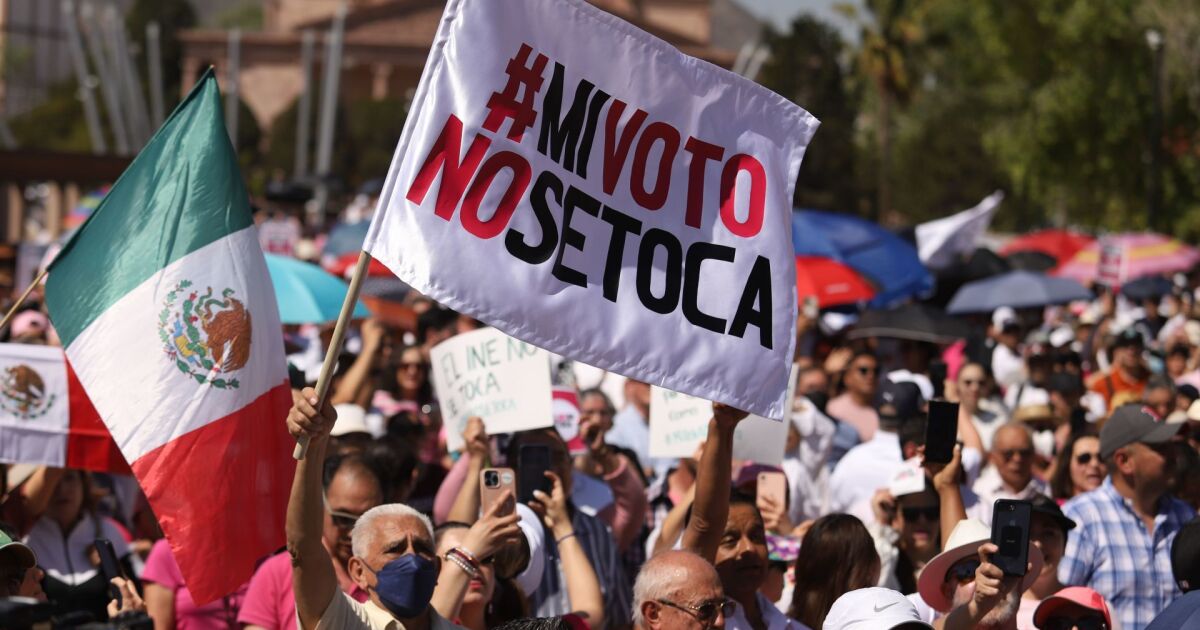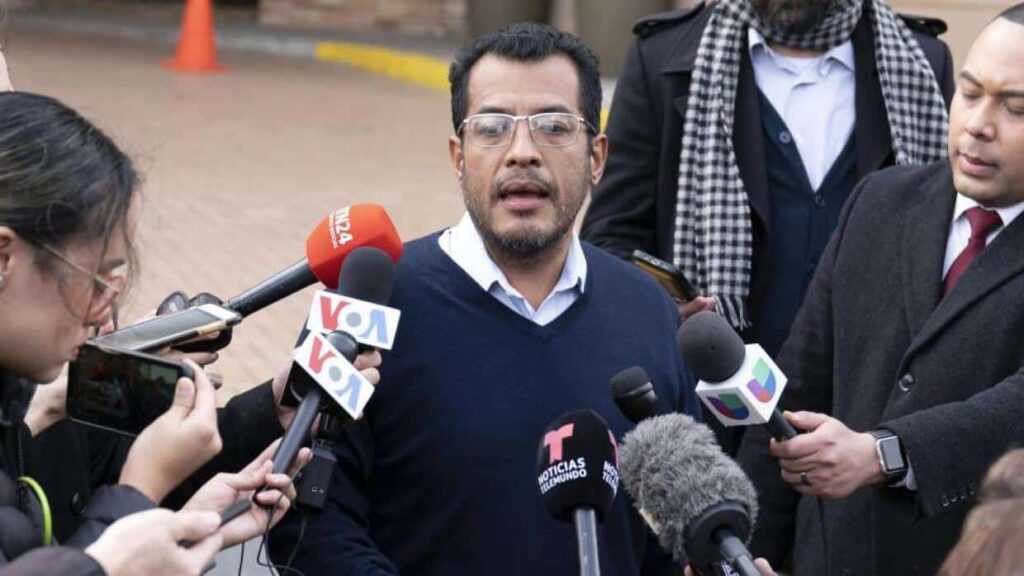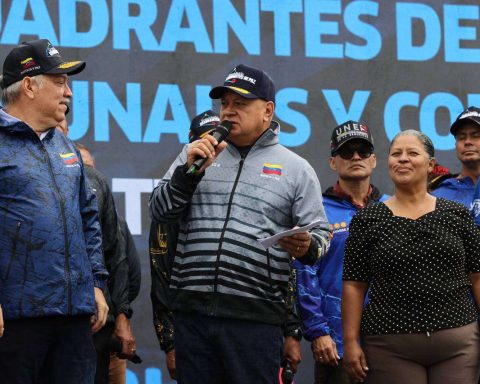“A kind of match that is going to be played on many courts”
The lawyer and academic from the Center for Economic Research and Teaching (CIDE), Javier Martín Reyes, believes that the analysis and discussion of “Plan B” “will be a kind of game that will be played on many courts”, since it will be in the “court” both of the Court and in the courts.
The Court will be responsible for resolving actions of unconstitutionality and constitutional controversies.
“There will be two determinations: firstly, it will be necessary to see if at the time suspensions will be granted, perhaps similar to the one granted by Minister Pérez Dayán regarding the first part of Plan B and, then, it will be necessary to see, in the analysis of merits, if it is determined to invalidate these reforms in their entirety or part of them”.
Secondly, there are the challenges that will be presented before the Electoral Tribunal of the Federal Judiciary (TEPJF).
“This reform will involve a series of decisions, from the INE, the OPLEs and other authorities, which can be challenged before the TEPJF. The clearest example is the electoral trial that was presented against the dismissal of the executive secretary of the INE, Edmundo Jacobo Molina ”, he refers.
With this it is clear that practically any act of application can be challenged either by political parties or by citizens who have some type of legal interest.
The other “court” that must not be ruled out is the presentation of a number of amparos, because although this instrument is inadmissible in electoral matters, the truth is that this is a reform that affects other fundamental rights.
“The Court’s turn is first to suspend the reform and then invalidate it, that’s what it’s up to,” says the researcher.
With the entry into force of the second package of the electoral reform, it will now be up to the INE to comply with it, but each decision it makes can appeal to the TEPJF, says Javier Martín.
To do this, in the urgent session called for this Friday at its headquarters, the INE plans to endorse the integration of a Technical Committee that will be in charge of carrying out the aforementioned changes, including the compaction of areas of the Institute.

















